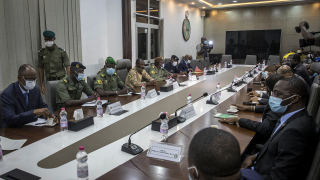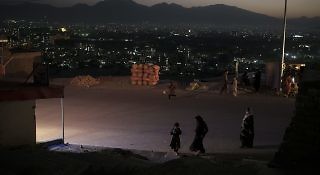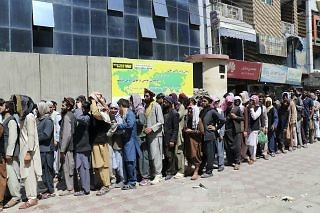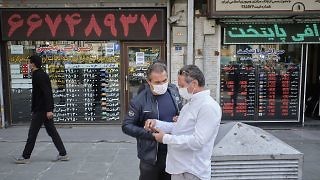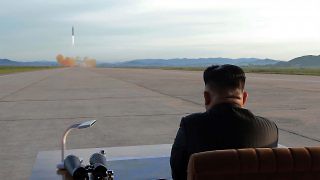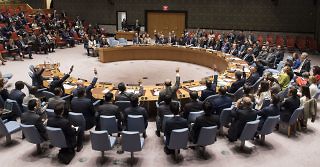Have the landmark humanitarian carve-outs in UNSC sanctions regimes worked? On the one year anniversary of UNSC Resolution 2664, Alice Debarre looks at the resolution’s impact and to what degree it has contributed to fully safeguarding humanitarian action.
Tag: sanctions
-
-
The new sanctions were triggered by months of growing tensions between ECOWAS and the military-dominated transitional government over the timetable for Mali’s return to civilian rule after two successful coups d’état.
-
As the international community grapples with how to approach the crisis in Afghanistan, many are questioning the role that international sanctions should play in seeking to encourage or pressure the Taliban not to revert to its ways of the past.
-
With the end of the withdrawal and evacuation from Afghanistan, two major issues confront US policy. First is how to meet mounting humanitarian needs and save the social development programs that have benefited Afghan women—one of the few positive outcomes of the intervention. The second is how to guard against Afghanistan becoming a haven for […]
-
The degree to which sanctions-lifting translates to economic relief depends in no small part on the willingness of the private sector to engage with the Iranian market.
-
Similar to the Iran sanctions, the restrictions on North Korea (DPRK) by the UN are increasingly sidelined in favor of national policy prerogatives, but also by President Trump’s and leader Kim Jong-un’s increasing economic, military, and intelligence blustering. The difference is that the coercive powers of UN-sanctions-supported multilateral diplomacy have yielded the denuclearization of Iran’s military capacities.
-
The United Nation’s most powerful, non-military response to global threats and security breaches remains, despite critics, skeptics, and procrastinators, its sanctions system. The one single insight on which most can agree is that sanctions are a very prominent aspect of the work of the Security Council. Most other issues however have been for many years misunderstood, misinterpreted, and in general, UN sanctions are poorly implemented.

